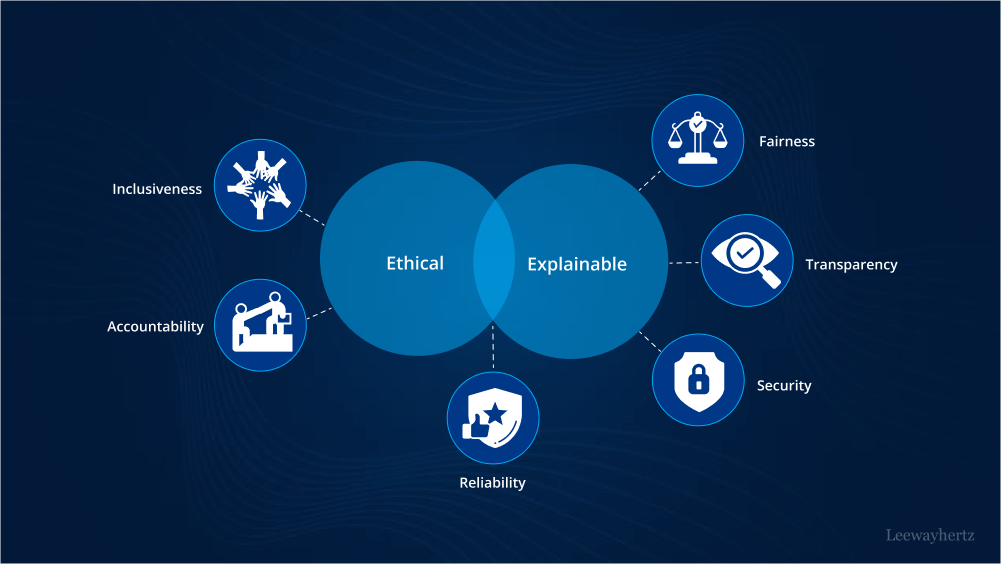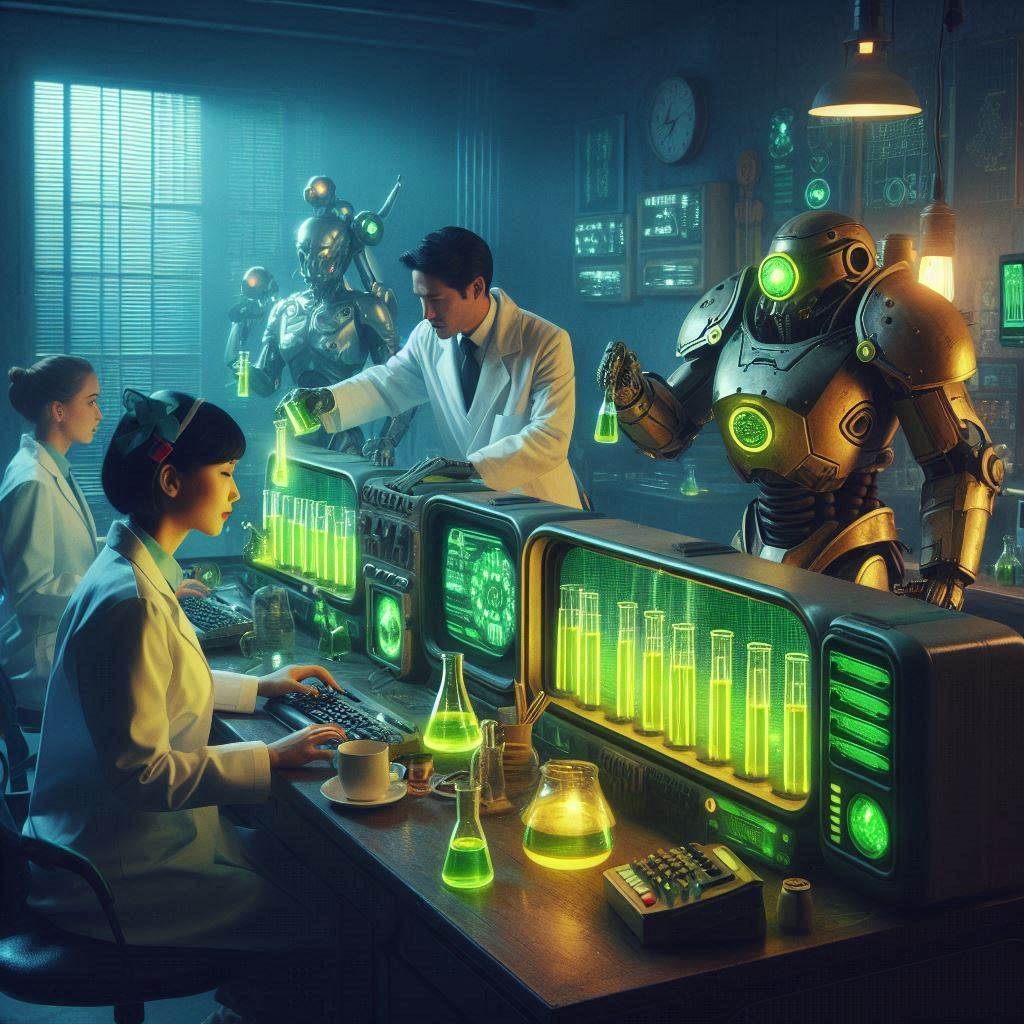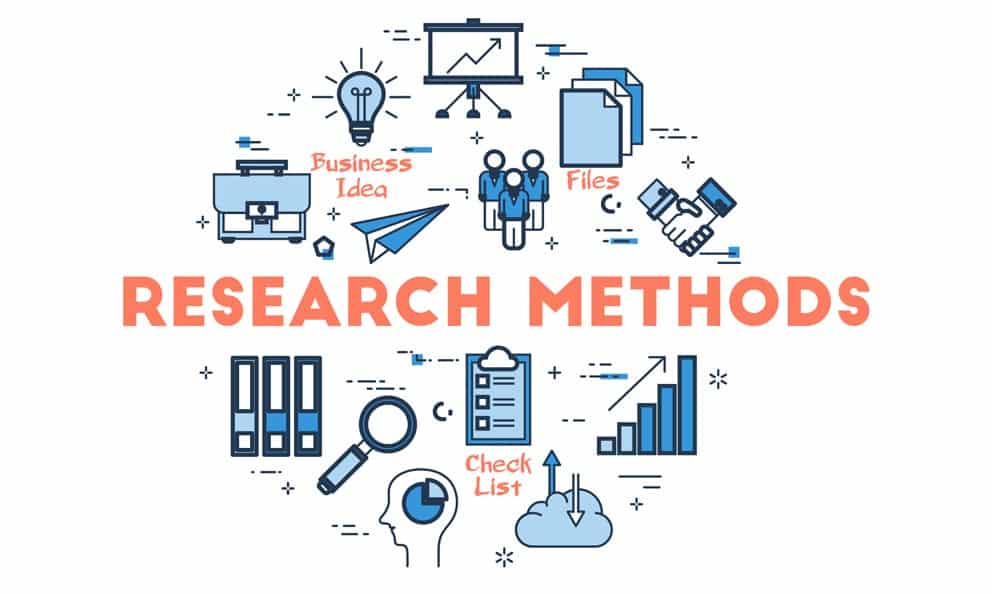- Teacher: Furat Al-Faraj
- Teacher: Peter Farrell
- Teacher: Henry Oti
- Teacher: Payam Salamati Nia
University of Greater Manchester eLearning Portal
Search results: 833
- Teacher: Yakub Iqbal
- Teacher: Greeshma Labees
- Teacher: Lekshmi Rajesh
- Teacher: Furat Al-Faraj
- Teacher: Jason Challender
- Teacher: Peter Farrell
- Teacher: Henry Oti
- Teacher: Payam Salamati Nia
- Teacher: Anna Williamson
- Teacher: Furat Al-Faraj
- Teacher: Junfeng Geng
- Teacher: Yassin Osman
- Teacher: Henry Oti
- Teacher: Anna Williamson
- Teacher: Lekshmi Rajesh
- Teacher: Sivamalar Shijumon
- Teacher: Furat Al-Faraj
- Teacher: Henry Oti
- Teacher: Payam Salamati Nia
- Teacher: Greeshma Labees
- Teacher: Resmi Nair
- Teacher: Lekshmi Rajesh
- Teacher: Sivamalar Shijumon
- Teacher: Furat Al-Faraj
- Teacher: Abbes Berrais
- Teacher: Erik Costamagna
- Teacher: Peter Farrell
- Teacher: Henry Oti
- Teacher: Payam Salamati Nia
- Teacher: Furat Al-Faraj
- Teacher: Emad Alfar
- Teacher: Resmi Nair
- Teacher: Lekshmi Rajesh
- Teacher: Sivamalar Shijumon
- Teacher: Emad Alfar
- Teacher: Erik Costamagna
- Teacher: Lekshmi Rajesh
- Teacher: Payam Salamati Nia
- Teacher: Sivamalar Shijumon
- Teacher: Ian Caballero
- Teacher: Caroline Carfrae
- Teacher: Aby Cohen
- Teacher: Sarah Hatherley
- Teacher: Emily Lynch
- Teacher: Barbara Mulroy
- Teacher: Rachel Nicholson
- Teacher: Nina Paine
- Teacher: Richard Sadler
- Teacher: Ian Caballero
- Teacher: Caroline Carfrae
- Teacher: Aby Cohen
- Teacher: Barbara Mulroy
- Teacher: Rachel Nicholson
- Teacher: Nina Paine
- Teacher: Richard Sadler
- Teacher: Thisumi Samarasekara
- Teacher: DARSHIKA Thilakarathna

This module develops an understanding of the professional and legal constraints within which computing specialists operate. The module operates using a ‘discursive’ environment where you will be confronted with the social and ethical issues of using technology, considering both regional and global trends and perspectives. Skills learnt will include how to communicate your work effectively keeping in line with the process and standards to be adhered to as a Professional in Computing Field. The module helps to develop a mature attitude to working as an ethical, sustainability aware, computer or information systems professional as well as build upon your undergraduate research skills through the introduction and application of advanced techniques to support you in your professional practice.
- Teacher: Abayomi Arowosegbe
- Teacher: Eugen Harinda
- Teacher: Pradeep Hewage
- Teacher: Mansoor Ihsan
- Teacher: Ibtisam Mogul
- Teacher: Francis Morrissey

This module develops an understanding of the professional and legal constraints within which computing specialists operate. The module operates using a ‘discursive’ environment where you will be confronted with the social and ethical issues of using technology, considering both regional and global trends and perspectives. Skills learnt will include how to communicate your work effectively keeping in line with the process and standards to be adhered to as a Professional in Computing Field. The module helps to develop a mature attitude to working as an ethical, sustainability aware, computer or information systems professional as well as build upon your undergraduate research skills through the introduction and application of advanced techniques to support you in your professional practice.
- Teacher: Aamir Abbas
- Teacher: Irum Feroz
- Teacher: Ibtisam Mogul
- Teacher: Francis Morrissey

This module develops an understanding of the professional and legal constraints within which computing specialists operate. The module operates using a ‘discursive’ environment where you will be confronted with the social and ethical issues of using technology, considering both regional and global trends and perspectives. Skills learnt will include how to communicate your work effectively keeping in line with the process and standards to be adhered to as a Professional in Computing Field. The module helps to develop a mature attitude to working as an ethical, sustainability aware, computer or information systems professional as well as build upon your undergraduate research skills through the introduction and application of advanced techniques to support you in your professional practice.
- Teacher: Eugen Harinda
- Teacher: Mansoor Ihsan
- Teacher: Ibtisam Mogul
- Teacher: Francis Morrissey

- Teacher: Irum Feroz
- Teacher: Naveed Islam
- Teacher: Celestine Iwendi
- Teacher: Francis Morrissey
- Teacher: Bren Tighe

- Teacher: Irum Feroz
- Teacher: Naveed Islam
- Teacher: Francis Morrissey
- Teacher: Aba Asghar
- Teacher: Romana Hashmi
- Teacher: Fathima KS
- Teacher: Nuwan Kuruwitaarachchi
- Teacher: Renuka Nyayadhish
- Teacher: Gayani Pathirana
